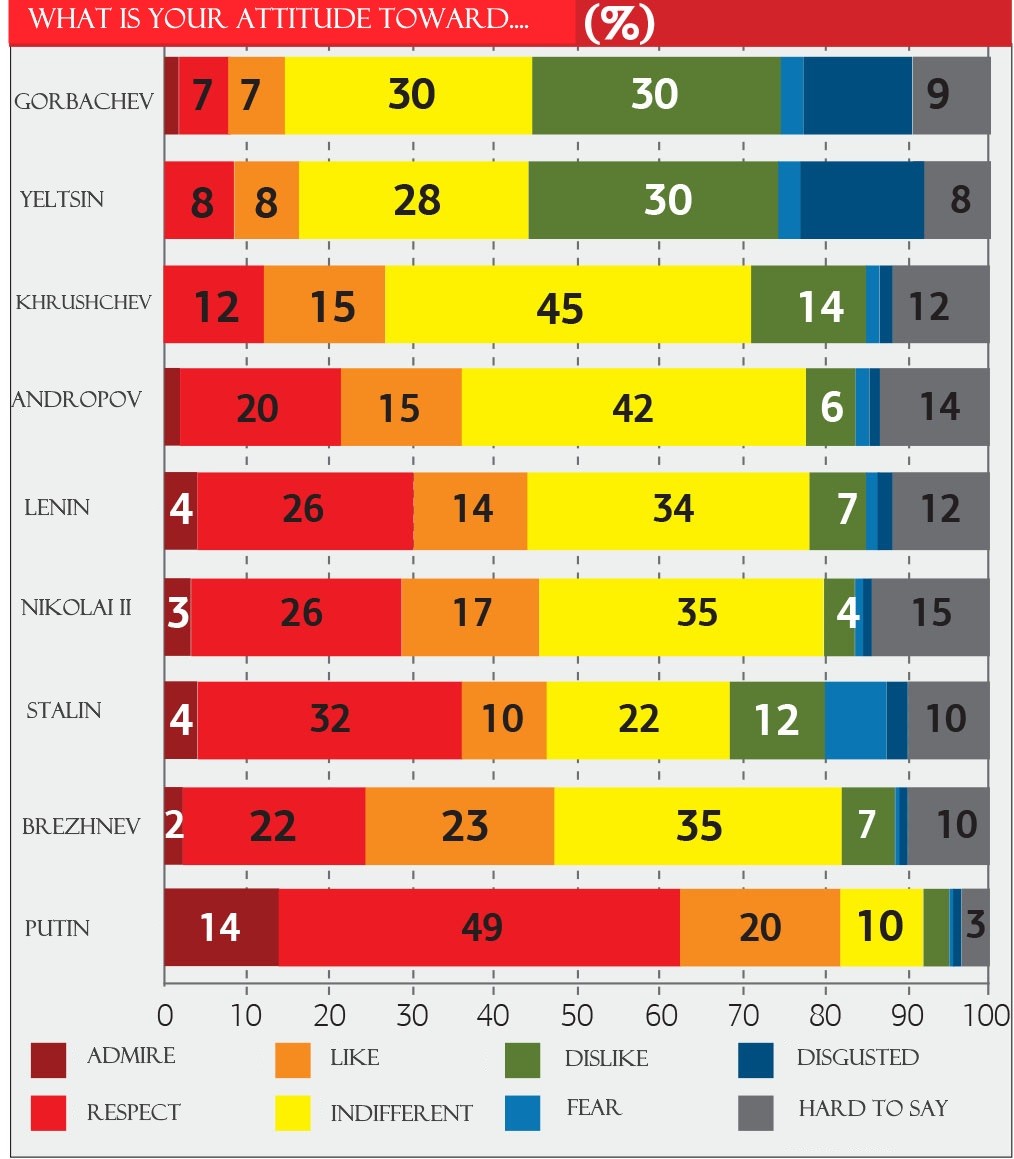March 5 is the 64th anniversary of the death of Soviet Communist Party leader Joseph Stalin, among the most brutal dictators of world history, responsible for mass crimes against humanity with the displacement, imprisonment or murder of tens of millions of people.
Unlike the crimes of the Nazis tried at Nuremberg, the crimes of Stalin and the Communist Party were never put on trial. To this day, Stalin remains for many Russians at the least an ambiguous figure credited with winning the war against Hitler, even as he savaged his own people, executing or oppressing his best military leaders, and hounding or executing dissident communists, critics, writers, artists, and even ordinary people who told jokes about him — as well as decimating entire ethnic groups such as the Chechens and Crimean Tatars through deportation.
Evgenia Albats, editor of the liberal Russian journal New Times published an essay February 20, 2017 about the phenomenon — and why it persists.
The following is a translation by The Interpreter:
Love for murderers and blood-suckers is not a feature peculiar only to my fellow Russians. Similar results could be found in a survey conducted in post-war West Germany: in 1948, Germans who had lived through defeat in the war, who had seen millions of lives lost and only horror all around them, when asked by sociologists what regime they would prefer, put in first place Kaiser Wilhelm II, who had been overthrown 30 years prior to that time.
While it is quite a stretch, there is a certain analogy to Brezhnev — people were hungry, they weren’t very happy but it was more or less calm. But the second choice of those polled three years after the fall of the Third Reich was shocking — yes, it was Adolf Hitler. Although 24 years later, in 1972, in a similar survey, the Germans no longer recalled the fuhrer, but named a democratic republic as the preferred form of regime — de-Nazification had borne its fruits.
